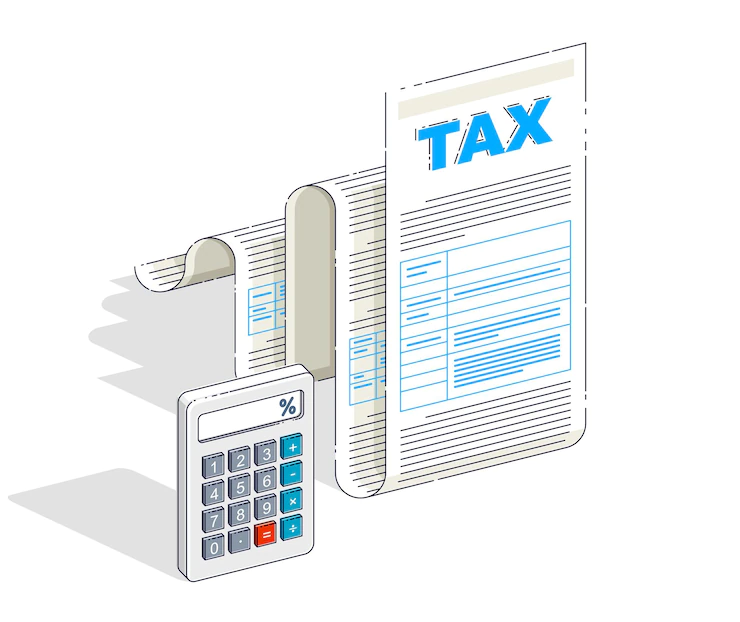We’ll examine the advantages of employing a VAT Validation API in this article.
Value-added tax, also known as VAT, is a levy that applies to all EU members. The VAT consumption tax is generally applied to all goods and services bought and sold in Europe, whether for private or commercial use. VAT is a taxing mechanism that generates significant revenue for the government. Users pay it, but businesses must pay taxes. VAT is now included in customer transactions for products and services. The business that wishes to sell the goods or provide the service is responsible for collecting and remitting the VAT to the government.
There are three categories that are consistently applied across all nations: general, reduced (for things like food and transportation), and super-reduced (foodstuffs, newspapers, books, etc.). Each country, however, determines its own application fees, and some have even done away with the extremely low charge.
In addition to the aforementioned VAT rates, there are additional so-called special rates available, such as the zero rate and the “parking” charge. Zero rates are used when a consumer is exempt from paying VAT but the company is still permitted to do so because it paid it on the purchase.
The “parking” rate is applied in various countries to certain delivery of goods and services that are not covered by the VAT Directive (such as Portugal, Belgium, or Austria).
Given the current condition of the company, being knowledgeable about European VAT regulations is essential to maximizing any opportunity that may arise, such as new European consumers. You should know that VAT applies to the vast majority of the items you purchase in Europe right away.
You will thus need to apply for and accrue VAT. However, as VAT is applied and incurred in the country of importation, some operations, such as exports outside the EU, are exempt from VAT.
For imported commodities, the EU is establishing a distinctive regime; after this transition, the system of destination tariffs will be put in place. This rule distinguishes between remote community sales and sales of products imported from other countries; the latter will be subject to a new special regime in which the VAT exemption for the import of low-value goods will be revoked.
You Should Apply an API
To authenticate their VAT numbers, many businesses go to services like APIs; this has certain advantages. First of all, using an API for this allows you to handle a huge number of VAT numbers, saving you time by eliminating the need to check each number individually. Additionally, you won’t have to spend money recruiting lots of people to process that enormous number faster. Contrarily, having to perform the same task continuously can be taxing and result in a higher margin of error. These include misplacing numbers, losing track of numbers, and more. You will have a reduced margin of error with the VAT Validation API.
Plus, you will be able to obtain information like the firm name and location if you decide to examine it with the VAT Lookup API in particular. The fact that it can be integrated with a variety of programming languages is one of its key advantages, according to programmers.
Technology has developed the VAT Validation API to assist businesses in being transparent with their financial reporting. Everyone favors businesses that pay their taxes as a responsible citizen should. Because of this, employing this EU VAT API will enable us to rapidly show this. It is also used by several government bodies to monitor tax collection.

